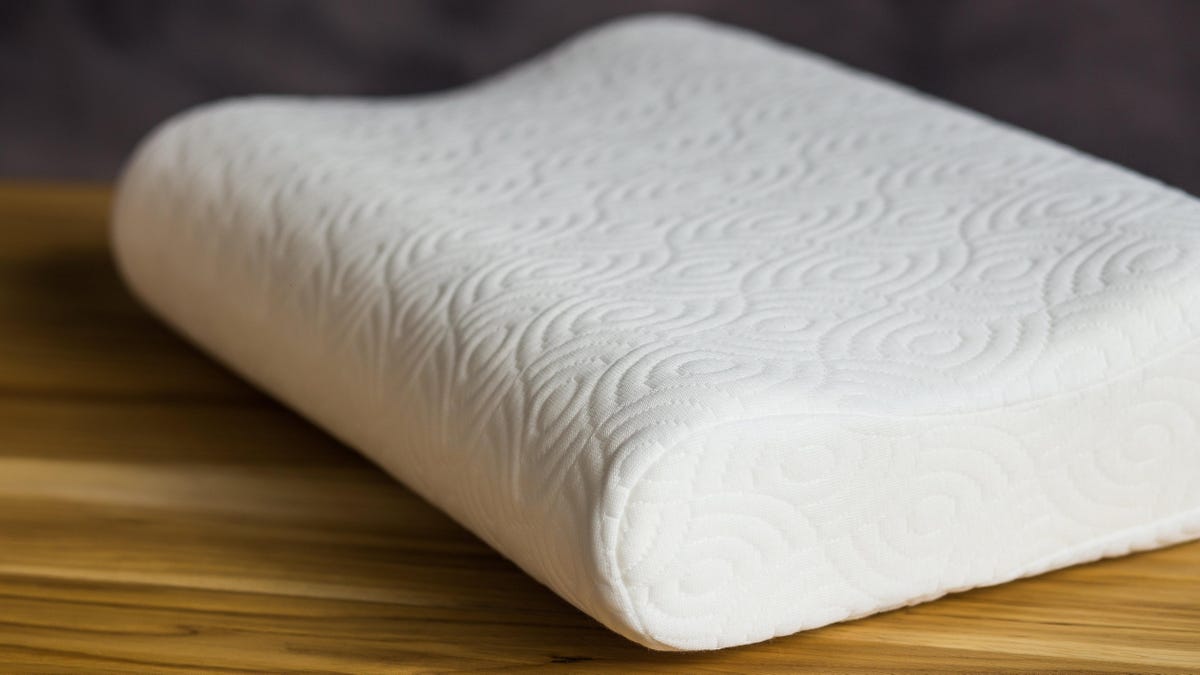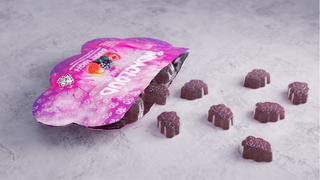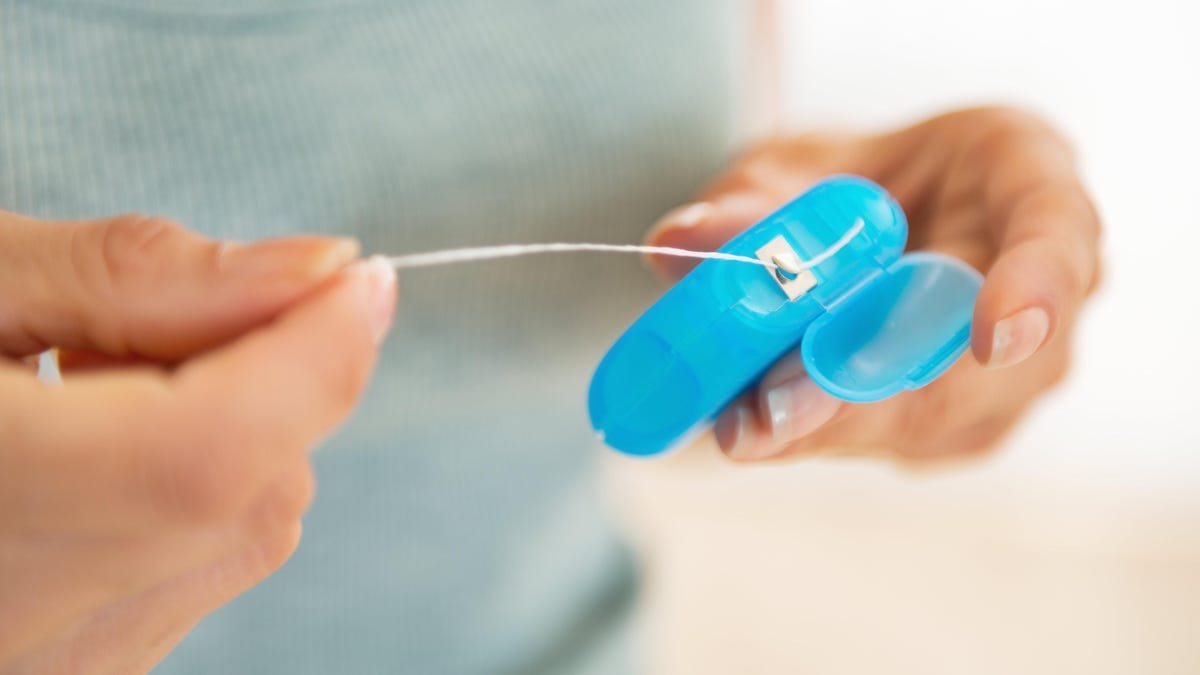How to Wash Memory Foam Pillows
When was the last time you washed your pillows? Not your pillowcases or protectors, but the actual pillows? Yeah, the ones with the yellow stains.Read more...


Photo: Dzmitry Krus (Shutterstock)
When was the last time you washed your pillows? Not your pillowcases or protectors, but the actual pillows? Yeah, the ones with the yellow stains.
We recently discussed how to wash traditional pillows and how often that should be done (at least every six months), but what about memory foam pillows?
As it turns out, you can’t just pop memory foam pillows in the washing machine as if they were the traditional kind filled with fluff, because the agitation in both the washer and dryer can cause the foam to fall apart, according to cleaning expert Jolie Kerr. There are however, other ways to wash memory foam pillows. Here’s what to know.
How to wash memory foam pillows
You have a few different options when it comes to cleaning memory foam pillows, depending on what you’re trying to accomplish.
Vacuum the pillows first
Vacuuming your memory foam pillow (ideally, using the upholstery attachment), should be the first step, regardless of whether you plan to move on to either/both of the steps below. This will help get rid of the flakes of dead skin and other types of dust and allergens buried in the foam. The team at Bedpillows.com recommends vacuuming your memory foam pillow each time your change your sheets (assuming you change your sheets weekly).
If the pillow has developed an odor (which makes sense, given the sweat and other secretions you’re oozing nightly), Kerr suggests sprinkling some baking soda on it, letting it sit for an hour, and then vacuuming it using the upholstery attachment. Deodorizing the pillow can happen on an as-needed basis, or every one to three months, she notes.
But while helpful and necessary, vacuuming isn’t really washing the pillow (that’s coming).
Remove the stains
Go ahead and skip this step if your pillows are stain-free. For everyone else, grab a clean white/off-white cloth and some all-purpose stain remover. Pour a small amount of the stain remover on the cloth (not directly on the pillow), then use it to dab (not rub) the stain. Keep blotting the stain until it’s gone, adding more stain remover to your cloth as necessary.
Next, thoroughly rinse the cloth, then dab the stain again with water, in order to rinse it. If you’re going to stop here, Kerr stresses the importance of letting the pillow dry completely before putting a pillowcase back on.
Wash the pillow
When you’ve completed the steps above, it’s time to deep clean the memory foam pillow. Here’s what to do:
Fill a bathtub or large basin with lukewarm water and no more than one tablespoon of gentle detergent. (Remember: More detergent does not mean your pillow will get cleaner. It means you’ll have to spend much more time rinsing it out.)Submerge the pillow, massaging it as you go, and making sure that the whole pillow is saturated.Remove the pillow from the tub and squeeze out the soapy water. Then, put it back in the tub, massage it some more, and squeeze out the water again. Repeat this process a third time. Drain the tub, and squeeze the soapy water out of the pillow.Refill the tub with clean water. Repeat the dunking, massaging, squeezing process above until the water runs clean and the pillow is rinsed.Drain the tub again. Press the pillow down into the tub or basin to remove the excess water, while keeping it flat.Take the pillow out of the tub and place it on a clean, dry towel. Then, place a second clean, dry towel on top of the pillow. Press down to squeeze out more water.Allow the pillow to air dry, ideally outdoors in direct sunlight (or indoors under a ceiling fan, if that’s not possible). Make sure the pillow is completely dry before putting on a pillowcase.How often should you wash a memory foam pillow?
According to Kerr, memory foam pillows are more resistant to dust and other allergens than traditional pillows, so they don’t need to be washed quite as often. She recommends doing it every six to 12 months.

 Kass
Kass 

































